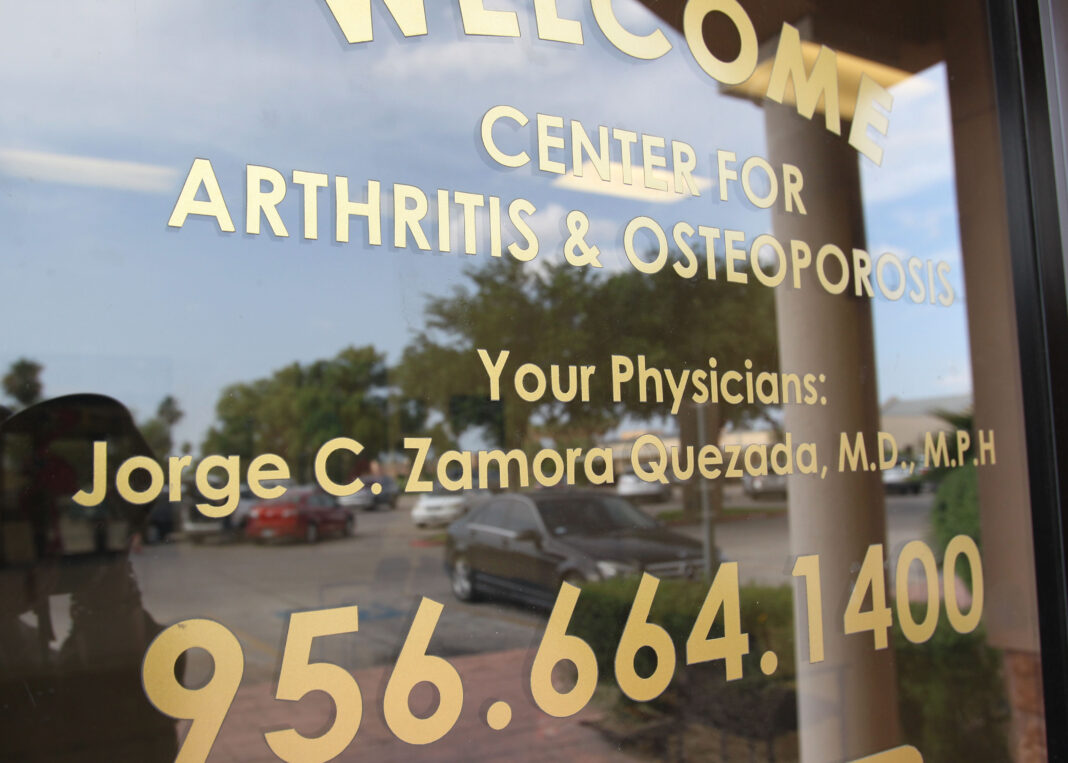After months of few developments, a federal judge set a date for the sentencing of Dr. Jorge Zamora Quezada, a rheumatologist convicted of healthcare fraud in January 2020.

The former physician is scheduled to be sentenced on April 28, though that is subject to change in the weeks leading up to the sentencing hearing.
Zamora Quezada, who owned the Center for Arthritis & Osteoporosis in Edinburg, was convicted on one count of conspiracy to commit healthcare fraud, seven counts of healthcare fraud and one count of conspiracy to obstruct justice.
His conviction stemmed from allegations that he participated in a scheme to defraud health insurers by misdiagnosing with rheumatoid arthritis and over-treating patients.
Upon the doctor’s conviction, U.S. Judge Ricardo H. Hinojosa scheduled his sentencing for March 27, 2020.
However, the issue of determining how much Zamora Quezada and his clinic made through the scheme delayed the sentencing process.
That issue was addressed during a loss hearing held in October 2020 when attorneys for Zamora Quezada and the prosecutors representing the government argued for different “loss” amounts.
During a hearing in May 2021, about seven months after that loss hearing, the judge said he still had questions about how much money in insurance claims Zamora Quezada’s clinic had filed with insurers for patients who were diagnosed with rheumatoid arthritis.
The judge instructed the attorneys for the government to provide a list of patients who were diagnosed with rheumatoid arthritis by Zamora Quezada, or by another physician working at his clinic, as well as the amount of the claim that was filed to insurers for that patient and how much the clinic received from that claim.
Since then, both the government and Zamora Quezada’s attorneys have submitted briefs detailing their arguments.
The government argues that the doctor owes about $148 million while his attorneys say that amount is unfounded and based on the false assumption that every insurance claim was fraudulent.
Instead, the defense attorneys argue that $100,000 would be a reasonable estimate of loss.
The judge has not yet ruled on the loss amount.





